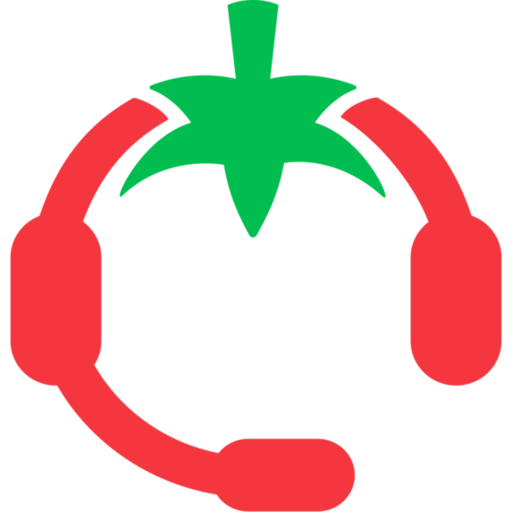What is Call Flow?
Call flow refers to the structured path a customer interaction follows from the moment a call is initiated to its resolution. It includes greetings, verification, problem resolution steps, and call wrap-up — all organized to ensure efficiency and consistency in service delivery.
Why Call Flow Matters in Call Centers
A well-designed call flow helps agents navigate calls effectively, improves First Call Resolution (FCR), enhances the customer experience, and ensures brand consistency across interactions.
Key Elements of a Call Flow
1. Greeting
A friendly, consistent opening line that sets the tone.
2. Verification
Confirming the customer’s identity or account.
3. Problem Discovery
Asking clarifying questions to understand the issue.
4. Resolution
Providing a solution or escalating when necessary.
5. Recap & Confirmation
Summarizing the outcome and next steps.
6. Closing
Ending the call on a positive and professional note.
Call Flow vs. Call Script
A call script provides exact words for agents to say, while a call flow offers a flexible framework or structure that guides the conversation without sounding robotic.
How to Design an Effective Call Flow
– Map out common customer journeys
– Include decision trees for various call types
– Build flexibility for complex calls
– Integrate with CRM or IVR systems
– Use agent input and customer feedback to iterate
Best Practices for Optimizing Call Flow
– Train agents to follow the flow while adapting to each caller
– Monitor call recordings for bottlenecks
– Align flows with business goals and KPIs
– Keep it simple and customer-centric
Related Topics for Further Reading
– Call Script
– AHT (Average Handle Time)
– FCR (First Call Resolution)
– Agent Training
– Call Routing

